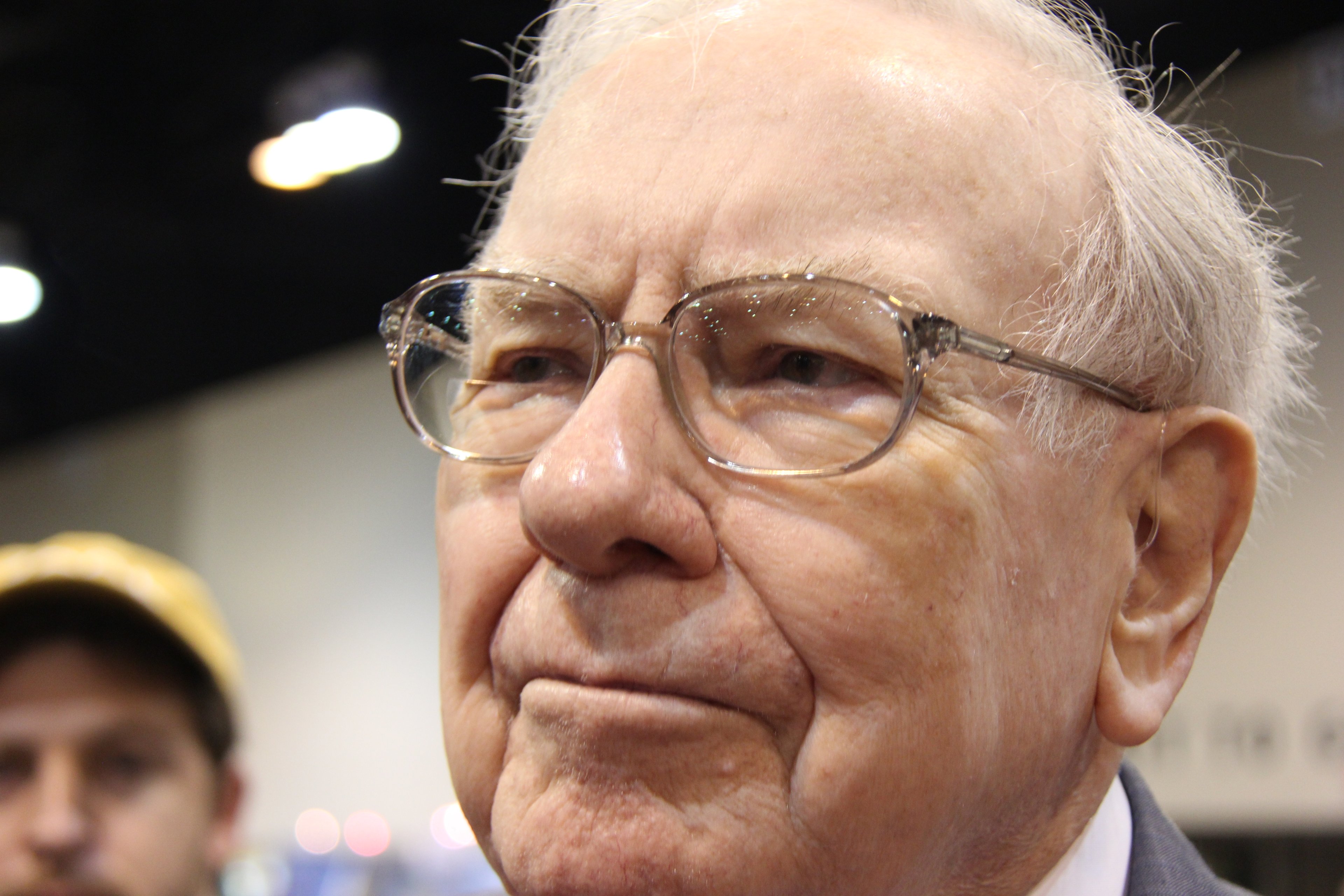True to a Seinfeld episode, bad news means rising stock prices in today's bizarre trading environment.
The reason for the modest upside in the broad-based S&P 500 (^GSPC 1.07%) today came from June's U.S. retail sales figures, which, including and excluding autos, came in worse than expected (0.4% with, 0.1% excluding). Under normal circumstances, and using logic, lower retail sales are a bad thing! Consumer spending accounts for roughly 70% of U.S. GDP, and weaker retail sales figures would signify that consumers are holstering more of their disposable income.
The reason the market perceives this as good news is that it gives the Federal Reserve little impetus to scale back its monetary easing program known as QE3. This goes back to the vicious catch-22 that I alluded to weeks ago whereby we're darned if we do, darned if we don't,depending on what the Fed does next.
Despite what I feel are clear and present long-term concerns, the S&P 500 edged higher by 2.31 points (0.14%), to close at yet another new record, 1,682.50 – the S&P 500's eighth straight up day, and its 12th in the past 14 trading sessions.
Topping the biggest gainers today within the S&P 500 is solar panel producer First Solar (FSLR 6.57%), which jumped 5.5% after a Bloomberg report noted China's intentions of beefing up its solar capacity to 35 gigawatts by 2015 in order to support domestic solar manufacturers. The news has more of an effect on First Solar's Chinese counterparts, but sheds even more light on just how decisively First Solar is beating up its Chinese counterparts. With stronger pricing power, and a balance sheet that's in much better shape than nearly all Chinese solar panel producers, First Solar still looks like a winner in this sector.
Shares of upscale jewelry chain Tiffany (TIF +0.00%) sparkled, up 3.6%, after Stifel Nicolaus analyst David Schick boosted his rating on Tiffany to buy, from hold, and initiated a price target of $92. The new price target would imply upside potential of 19% based on Friday's closing value. Specifically, Schick believes Tiffany will feel an uptick in its U.S. operations as consumers feel wealthier, and believes a better mix of fashion/color gemstone jewelry will help sales. I certainly agree with Mr. Schick that Tiffany represents a consumer niche that few can rival, but I'm not ready to give the jewelry industry a clean bill of health just yet.
Finally, Sprint (S +0.00%), which has shed the "Nextel" part of its name following its buyout by SoftBank, added 4.2% on the day, fueled by investors' high hopes with consolidation in the sector increasing. Over the weekend, AT&T announced a $1.2 billion all-cash purchase of Leap Wireless to get a hold of its approximately 7 million members. Although no more M&A activity can be expected for Sprint at this point, the potential for M&A hiccups for AT&T in terms of assimilating Leap's customers, and in transitioning them from Leap's outdated network to its growing 4G LTE network, could give Sprint the opportunity to step in and take customers.






